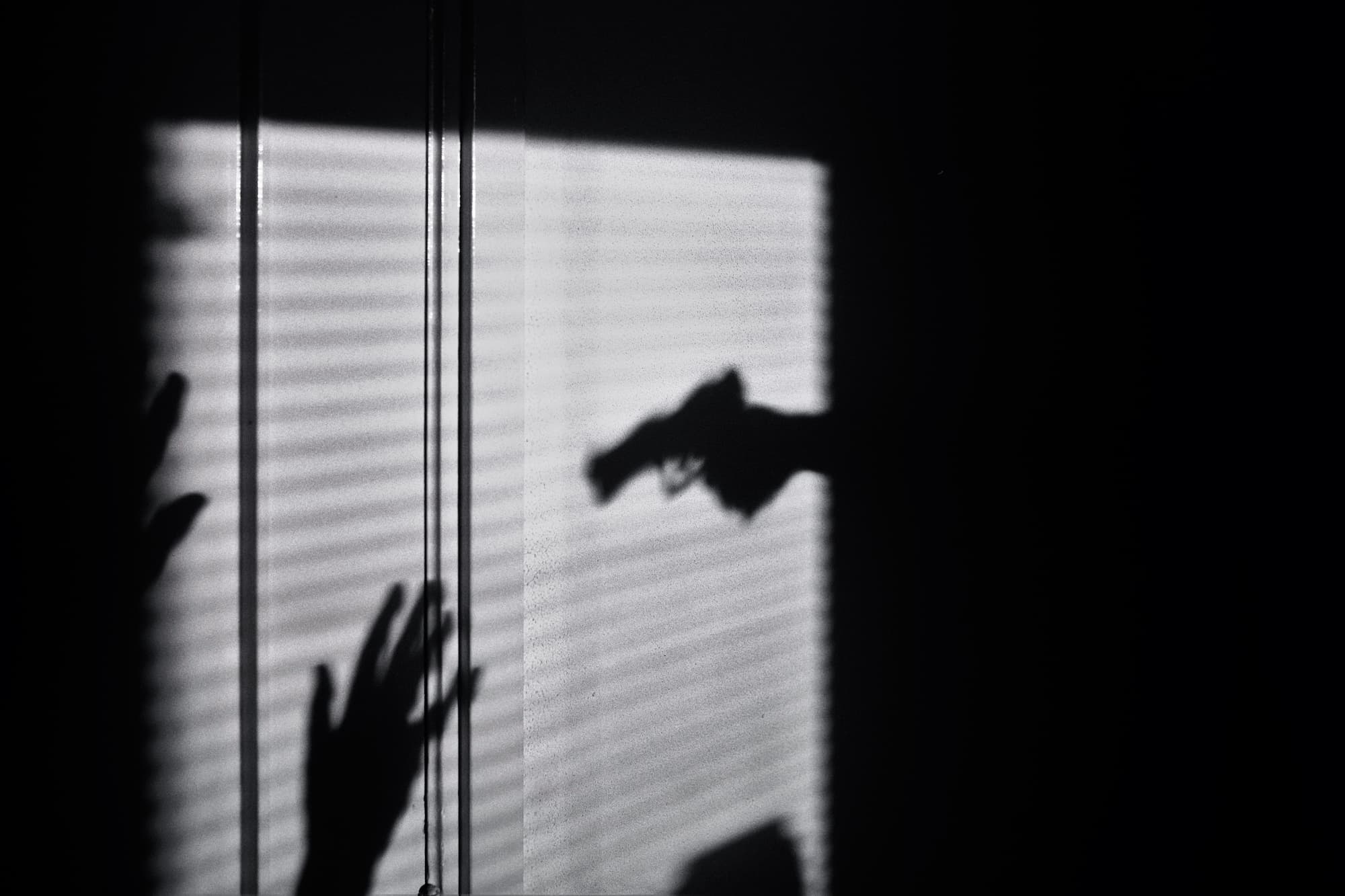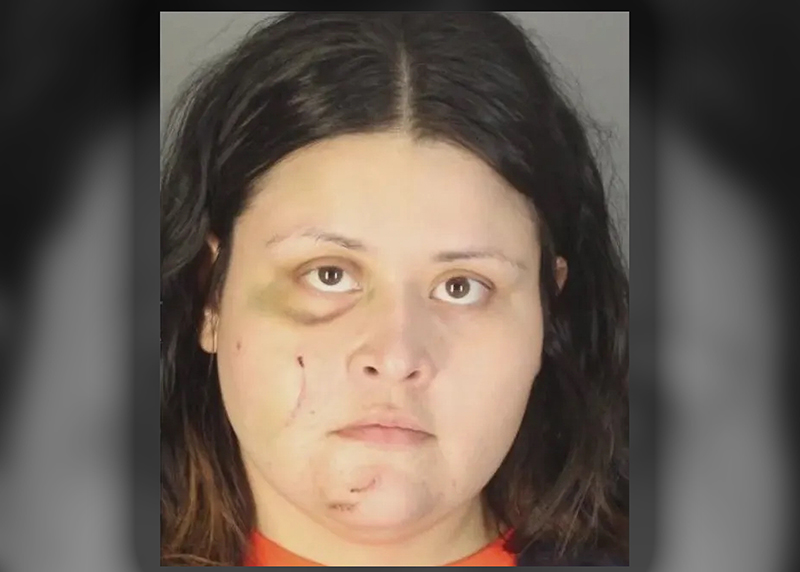Gay Journalist Josh Kruger Found Murdered in Philadelphia
Josh Kruger, a gay journalist living with HIV and an advocate for vulnerable communities, was shot to death in Philadelphia.

A gay journalist who used his struggles with homelessness and meth addiction to cast attention on the plight of vulnerable communities in Philadelphia was shot and killed in the early morning hours of Monday, October 2.
Philadelphia police responded to reports of gunshots and screams in the 2300 block of Watkins Street, in the city’s Point Breeze neighborhood, just prior to 1:30 a.m.
Once on scene, officers discovered Josh Kruger, 39, bleeding from multiple gunshot wounds on the sidewalk outside his townhouse, reports The Philadelphia Inquirer.
Kruger was transported to Penn Presbyterian Medical Center and pronounced dead just before 2:15 a.m.
Detectives believe someone entered Kruger’s home, shooting him near the base of the stairs before fleeing. Kruger stumbled outside, attempting to seek help from neighbors. According to police, there were no signs of forced entry into the home, which may indicate that the shooter was familiar with Kruger.
“Either the door was open, or the offender knew how to get the door open,” Deputy Police Commissioner Frank Vanore told the Inquirer. “We just don’t know yet.”
No arrests have been made in the case yet. Police are reportedly reviewing surveillance footage from the area around Kruger’s townhouse.
According to The Inquirer, investigators believe Kruger’s murder may have been the result of a domestic dispute or may have been drug-related. Three law enforcement sources with knowledge of the case — who spoke on condition of anonymity — said police discovered “troubling” text messages between Kruger and a former partner, and recovered methamphetamine from inside Kruger’s bedroom.
In recent months, Kruger had written on social media about several disturbing incidents at his home. In April, he alleged that an ex-partner — whom he’d allowed to live with him after being released from jail — had broken into his house.
“The door was locked, so he had somehow obtained a copy of my keys,” Kruger wrote. He managed to de-escalate the situation and convince the ex-partner to leave, and later changed his locks.
In August, someone threw a rock through Kruger’s home window.
Two weeks ago, someone who identified themselves as “Lady Diabla, the She-Devil of the Streets” came to his house searching for their boyfriend — whom he’d never met or heard of — and threatened him.
Kruger, a former city spokesperson who advocated for vulnerable communities, including LGBTQ city residents, worked for the City of Philadelphia for five years, overseeing the mayor’s social media platforms and policy campaigns. He also served as the communications director and spokesperson for the city’s Office of Homeless Services.
In 2021, he returned to journalism, publishing freelance articles about state and city politics and the LGBTQ community for various outlets, including The Inquirer, the Philadelphia Citizen, Billy Penn, and LGBTQ Nation.
He also wrote for POZ magazine, calling upon his own experiences with living with HIV and to advocate for combating the stigma surrounding the virus. He was outspoken on social media, challenging political leaders and journalists to improve their responses to various social ills.
For a period of time, Kruger was homeless and struggled with a crystal meth addiction, relying on sex work, his Christian faith, and help from others to survive.
“Make no mistake: I would not be alive today and living the life I have were it not for the charity and good works of human beings,” he wrote in a piece talking about his faith conversion and overcoming his drug addiction for Medium.com.
Kruger’s kindness and charitable nature were also demonstrated by his decision to take in older, hard-to-adopt cats, including those with FIV, the feline version of HIV.
Those who knew Kruger remembered how he used his own life experiences to advocate for the causes about which he was most passionate.
“He knew he had a story to tell,” said Randy LoBasso, who worked with Kruger at Philadelphia Weekly. “He knew his past trauma could be used to help his audience see a situation in a way that no one else could show it to them.”
Kruger’s friend, Dee Stanford, recalled how Kruger was supportive during her own battle with addiction.
“He was able to use his past experience to help put things in perspective, but he never did it in a way that was competitive, and he never minimized what I was going through,” she said. “He would use his life as an example to say, ‘I’ve been there. I dealt with the worst. I lived, I survived. So I know that you will, too, no matter what happens.'”
City leaders lamented Kruger’s death, issuing statements remembering him as a fierce advocate for those at the margins of society.
“Josh cared deeply about our city and its residents, which was evident both in his public service and in his writing,” Mayor Jim Kenney said in a statement. “His intelligence, creativity, passion, and wit shone bright in everything that he did — and his light was dimmed much too soon.”
“Josh Kruger lifted up the most vulnerable and stigmatized people in our communities — particularly unhoused people living with addiction,” Philadelphia District Attorney Larry Krasner said in a statement. “Josh deserved to write the ending of his personal story.”
Support Metro Weekly’s Journalism
These are challenging times for news organizations. And yet it’s crucial we stay active and provide vital resources and information to both our local readers and the world. So won’t you please take a moment and consider supporting Metro Weekly with a membership? For as little as $5 a month, you can help ensure Metro Weekly magazine and MetroWeekly.com remain free, viable resources as we provide the best, most diverse, culturally-resonant LGBTQ coverage in both the D.C. region and around the world. Memberships come with exclusive perks and discounts, your own personal digital delivery of each week’s magazine (and an archive), access to our Member's Lounge when it launches this fall, and exclusive members-only items like Metro Weekly Membership Mugs and Tote Bags! Check out all our membership levels here and please join us today!























You must be logged in to post a comment.